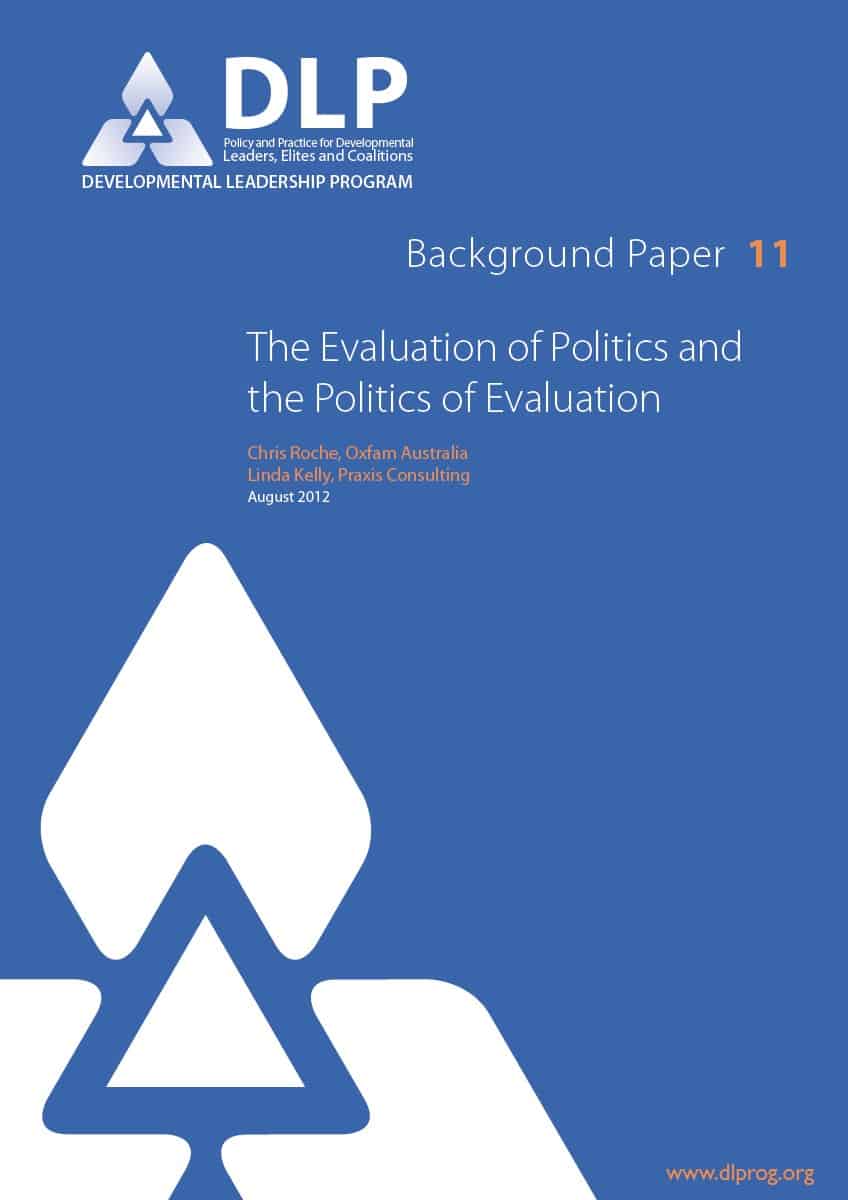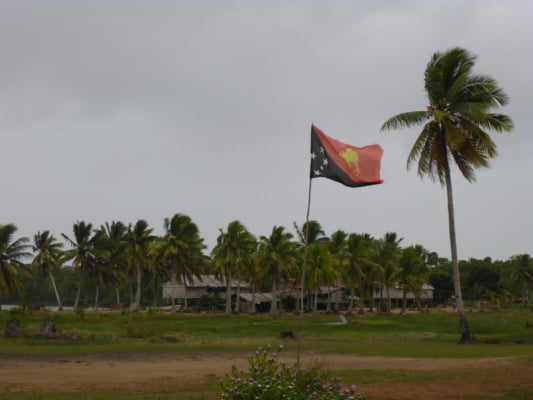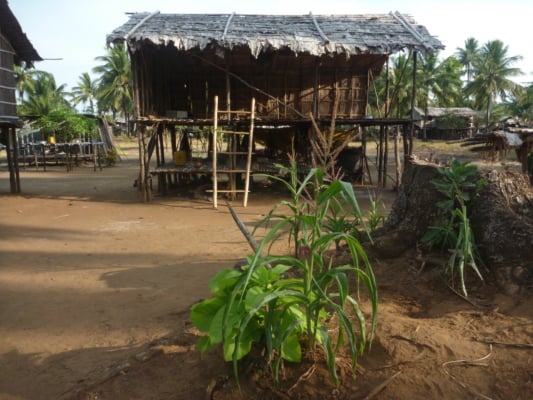Few people would want to argue against the ‘results’ and ‘value for money’ agenda that now dominates the current fashions in evaluation and monitoring. But are we clear about what is meant by ‘value’? Value for whom? And value over what period? Are all ‘results’ amenable to standard methods of evaluation? And how does one evaluate results that are intended or expected to mature gradually or to occur many years in the future? Is that too risky? Should we only promote programmes and projects that intend to deliver, and hence that can be measured in terms of, immediate or short-term outcomes? Does that mean that donor concerns for embedding the political institutions of accountability, transparency, participation or inclusion, for instance – that always take a long time to mature – should be abandoned? Or just assessed ‘in bits’? Or in different ways?
This new DLP paper by Chris Roche and Linda Kelly explores these issues, drawing heavily on a DLP specialist evaluation workshop held in Canberra in October 2011. The authors identify the wide range of objectives that are commonly pursued by different programmes and projects, looking in particular at those that are increasingly beginning to ‘think and work politically’. In these cases anticipated changes are likely to take time, intermediate steps may be hard to discern, and traditional or single-method evaluation approaches may fall short of providing a full and long-term picture of ‘value’ or ‘results’. They argue, therefore, that it is now vital for a ‘mixed methods’ approach to be adopted to match this growing range of objectives, and to provide a better understanding of the long-term political processes that underpin all inclusive growth stories. A second paper, exploring the politics of evaluation in more detail will follow later in 2012










